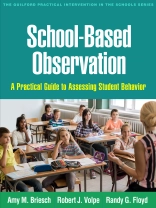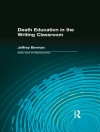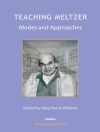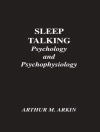Widely used to assess social–emotional and behavioral referral concerns in grades Pre K–12, systematic direct observation is an essential skill for school psychologists and other educators. This accessible book helps practitioners conduct reliable, accurate observations using the best available tools. Chapters present effective coding systems for assessing student classroom behavior, the classroom environment, behavior in non-classroom settings, and behavior in a functional assessment context; also provided are guidelines for developing new codes when an appropriate one does not already exist. Procedures for summarizing, graphing, and interpreting data for different assessment purposes are detailed. In a large-size format with lay-flat binding for easy photocopying, the book includes 13 reproducible coding forms. Purchasers get access to a Web page where they can download and print the reproducible materials. This book is in The Guilford Practical Intervention in the Schools Series, edited by T. Chris Riley-Tillman.
Inhoudsopgave
I. Key Concepts of Direct Observation 1. The Role of Direct Observation in School-Based Settings 2. Foundations of Direct Observation 3. Obtaining Trustworthy Results from Observation: The Basic Principles of Psychological Measurement 4. Improving Data Quality: Suggested Guidelines for Training Observers and Conducting Observations II. Use of Specific Observation Codes 5. Conducting Observations in Classroom Settings 6. Observing the Classroom Environment 7. Extending Observations to Non-Classroom Settings 8. Using Observation to Support Functional Assessment 9. Thinking Outside of the Box: Creating a Novel or Hybrid Coding Scheme III. Using Assessment Data to Inform Decision Making and Intervention 10. Interpreting and Sharing Observation Results Appendix A. Measurement Standards Used in Evaluating Systematic Observation Codes Appendix B. Glossary of Operational Definition Appendix C. Reproducible Coding Forms
Over de auteur
Robert J. Volpe, Ph D, is Associate Professor in the School Psychology Program in the Bouvé College of Health Sciences at Northeastern University in Boston. His research focuses on designing and evaluating academic and behavioral interventions for students with disruptive behavior disorders. He also is interested in behavioral assessment, particularly with regard to designing feasible systems for evaluating the effects of intervention. Dr. Volpe has authored or coauthored over 60 articles and book chapters, is on the editorial advisory boards of the Journal of Attention Disorders and the Journal of School Psychology, and is Associate Editor of School Psychology Review.












